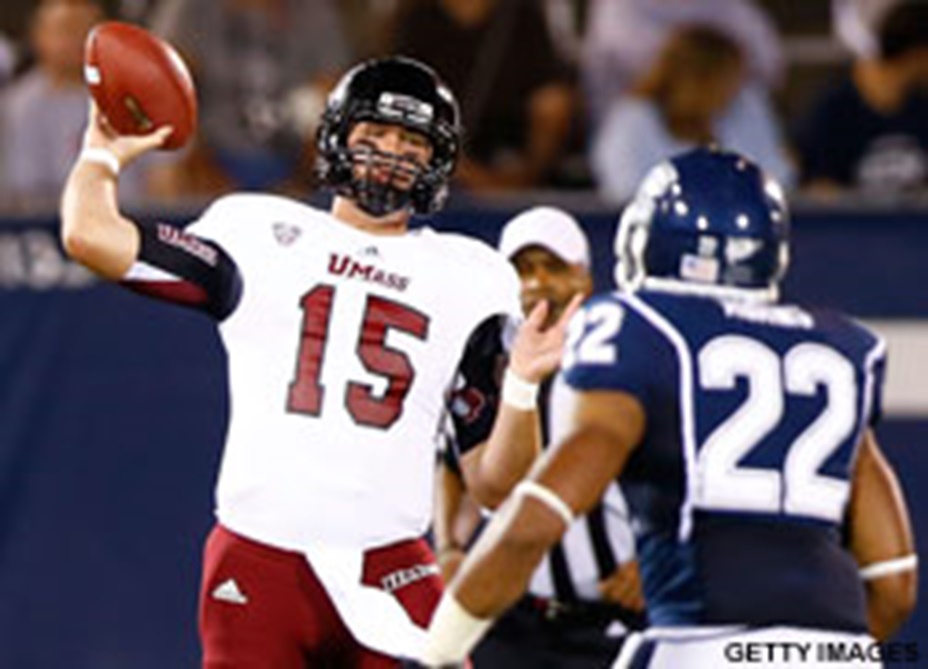In an “unforeseen convergence, nearly a dozen institutions of limited football renown are trying to force their way” into the FBS, according to Bill Pennington of the N.Y. TIMES. As many as 15 schools are “publicly or privately discussing” moving into the “cutthroat, unrestrained arena dominated by college football monoliths.” Despite the fact that many FBS newcomers “take a beating and a vast majority of established football programs lose money just like their lesser-level brethren,” the incoming schools "are undeterred.” Tulane President Scott Cowen said, “What any school moving up in football should ask itself is this: what are the real costs of the benefits? You will get more visibility and exposure, and at first, that seems like a very good investment. The problem is that once you wade in for keeps at the FBS level, you face facility improvements, escalating coaching salaries, added staff and more athletic scholarships. The cost curve is extremely steep, and unless you’re in a power conference, the revenue is flat.” UNC-Charlotte AD Judy Rose was asked if she was “worried about big-time football corrupting the priorities of the athletic department" or if there was concern that the school was "aligning itself with an ultracompetitive group where rule breaking is hardly uncommon.” Rose said, “You do have to pay more attention to football because of the numbers involved in terms of players, coaches and finances. But I’m not worried about getting in bed with any of those folks. I don’t see any of them dropping football. It can be bad, and we’ve all seen what can happen. But when it’s good, it’s really good.”
FIRST YEAR IN REVIEW: Pennington noted UMass this year “took the mighty step up to big-time college football." To make the leap “more concrete, UMass decided to play its home games at Gillette Stadium.” First-year UMass Chancellor Kumble Subbaswamy "inherited the FBS decision.” But he supports it as a “reasonable, calculated risk.” Subbaswamy said, “If managed properly, we will come out better for it.” He added, “It’s important to keep in mind that the total athletic budget is 4 percent of our expenditures.” Subbaswamy “did not rule out the possibility that UMass would reverse course.” UMass AD John McCutcheon said, “It’s going to take four or five years to see a change for us. But a football team with a national profile can have transforming effects on a university” (N.Y. TIMES, 12/30).




